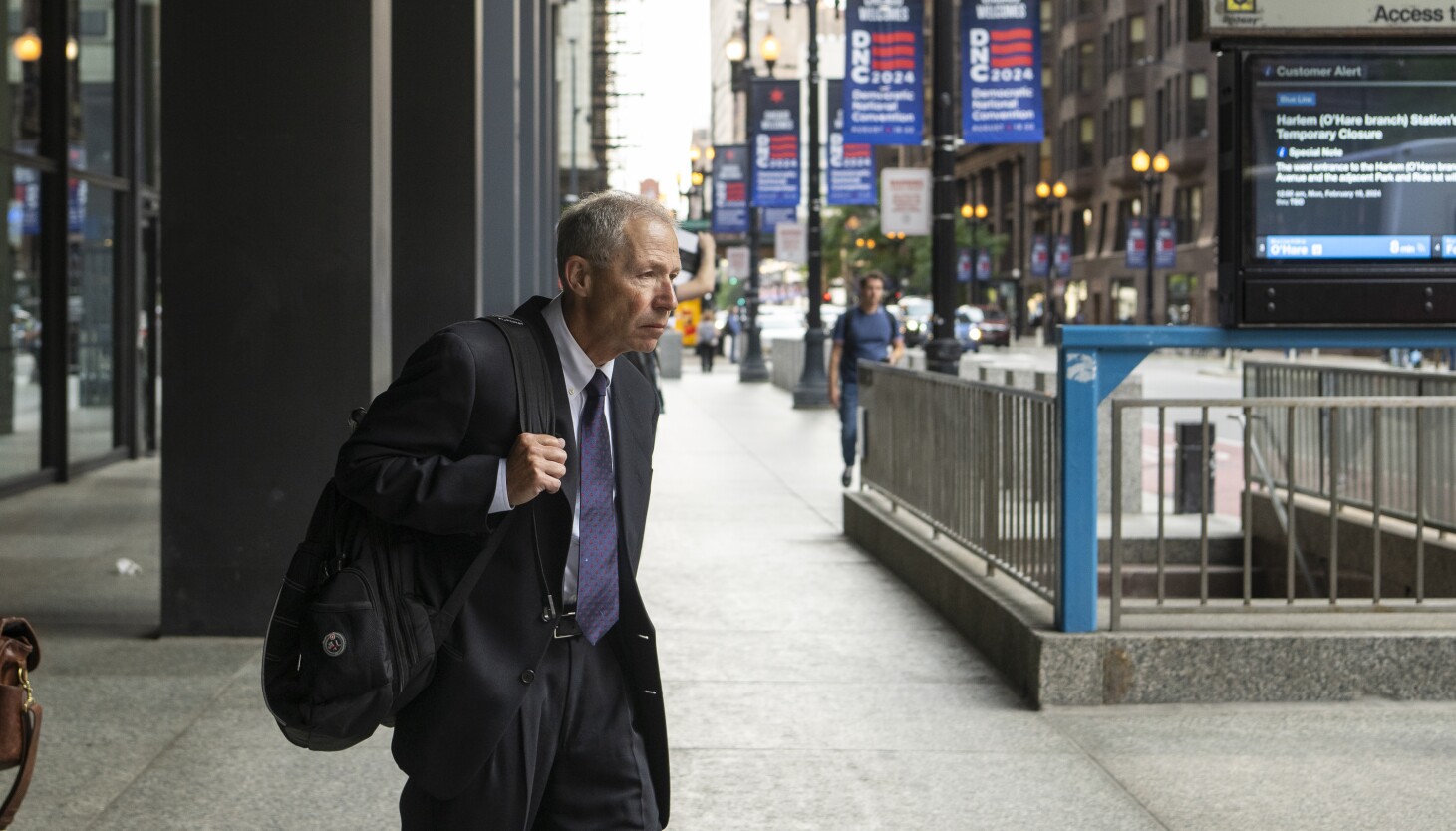Former AT&T Illinois President Paul La Schiazza will face a retrial on June 3rd. His first trial, which ended in September with a hung jury, was delayed while Judge Robert Gettleman considered a motion for acquittal. Last week, the judge denied this motion, meaning La Schiazza will again face charges of bribing former Illinois House Speaker Michael Madigan in 2017. The alleged bribe involved a $22,500 payment to former state Representative Edward “Eddie” Acevedo after Acevedo left the Illinois General Assembly.
The timing of the retrial is significant, as Madigan himself is currently on trial five floors below. Judge Gettleman stated that scheduling La Schiazza’s retrial after Madigan’s trial concludes will benefit all parties involved. He also raised concerns about potential witness overlap, noting that the Madigan trial has recently encountered issues with witnesses. While both the prosecution and defense expect the retrial to last approximately two weeks, they couldn’t definitively state whether the witness list would differ from the first trial. La Schiazza’s attorneys attended a session of the Madigan trial shortly after their own hearing.
Interestingly, jurors in the Madigan trial have recently heard much of the same testimony presented in La Schiazza’s initial trial, including testimony from Acevedo, who did not testify in La Schiazza’s first trial. Madigan and his longtime associate, Michael McClain, are on trial for a broader alleged racketeering conspiracy, while La Schiazza’s case is more narrowly focused on the 2017 legislation AT&T championed. This legislation, known as the Carrier of Last Resort (COLR) bill, aimed to end AT&T’s obligation to provide landline service to all Illinois residents.
Emails show that McClain contacted AT&T seeking a contract for Acevedo, and subsequently informed La Schiazza that Madigan had assigned him to the COLR legislation as a “special project.” A month later, La Schiazza instructed his team to expedite Acevedo’s contract, indicating a sense of urgency. Prosecutors contend that this demonstrates a quid pro quo—Acevedo’s employment in exchange for the bill’s passage. They highlight La Schiazza’s subsequent comments about being on a “friends and family plan” as evidence.
Acevedo’s role was strategic; prosecutors argued his value to Madigan stemmed from the growing Latino population in Madigan’s district. However, Acevedo’s reputation was not ideal, leading AT&T to funnel the payment through a lobbying firm to avoid political repercussions. The COLR bill passed, and less than two weeks later, La Schiazza was asked to sponsor a nonprofit event at the behest of McClain, further supporting the prosecution’s narrative of a corrupt exchange.

